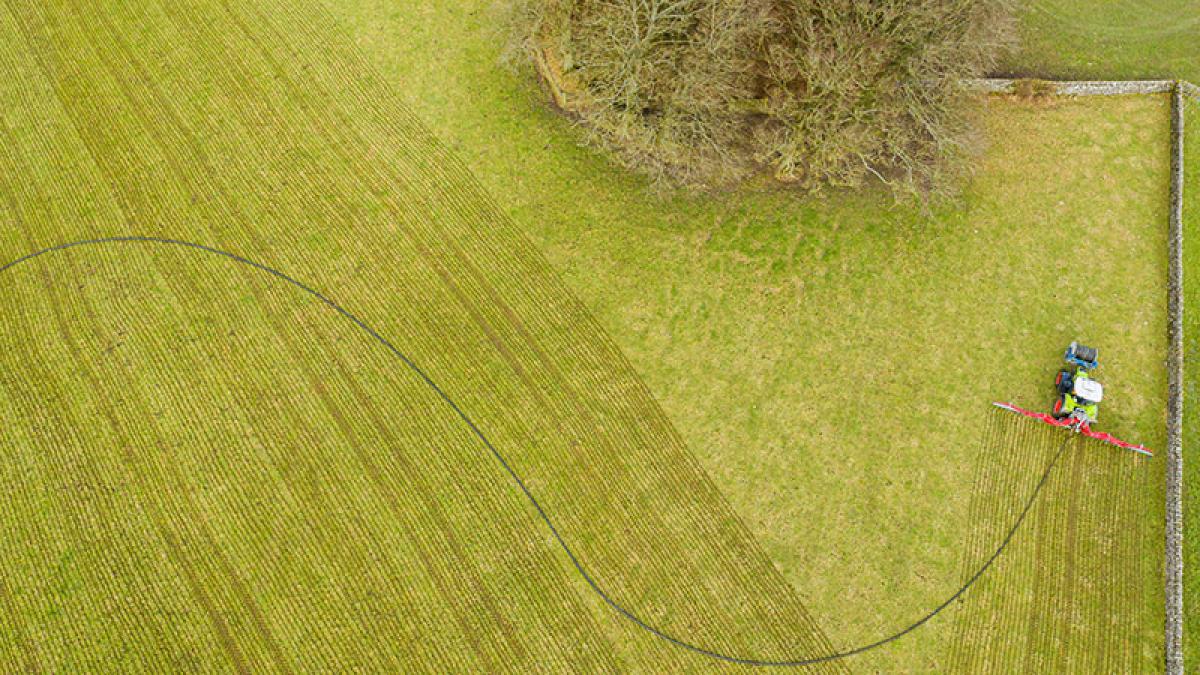Slurry season brings renewed risks to farmers

Reminder to farmers to follow the slurry mixing code to reduce risks
With the closed period for spreading slurry coming to an end at midnight on 31 January 2022, the Health and Safety Executive for Northern Ireland (HSENI) is urging farmers to take extra care when working with slurry.
The mixing of slurry comes with many risks as it produces a dangerous mixture of gases, including methane, carbon monoxide, ammonia, and the extremely poisonous gas, hydrogen sulphide.
Slurry gas is a mixture of gases, including the extremely poisonous gas, hydrogen sulphide. Even a low concentration of hydrogen sulphide can knock out your sense of smell so you won’t even know it’s there. At higher concentrations you will rapidly find it harder to breathe and become confused - and at certain concentrations, just one breath can kill.
Slurry mixing code
The advice to farmers is to follow the slurry mixing code.
Always:
- keep children away from the area at all times
- if possible, mix on a windy day
- open all doors
- take all animals out of the building before starting to mix slurry
- use outside mixing points first
- if slats are removed, cover exposed areas of the tank beside the pump/mixer to stop anything falling in
- start the pump/mixer – then get out and stay out of the building for as long as possible - at least 30 minutes
- any time you have to go into the building try to make sure that another adult knows what you are doing and can get help if necessary
- if you have to re-enter to move the pump or change the direction of the pump, leave the building as soon as this is done – do not go back in for as long as possible – at least another 30 minutes
Never:
- rely on filter type facemasks
- use gas monitors as a substitute for working safely
- have naked flames near slurry, as slurry gas mixture is flammable
- stand close to the exhaust of a vacuum tanker when it is being filled
For more information about working safely with slurry or general farming health and safety issues please contact the HSENI helpline on: 0800 0320 121 or visit the HSENI website.
First published 26 January 2022